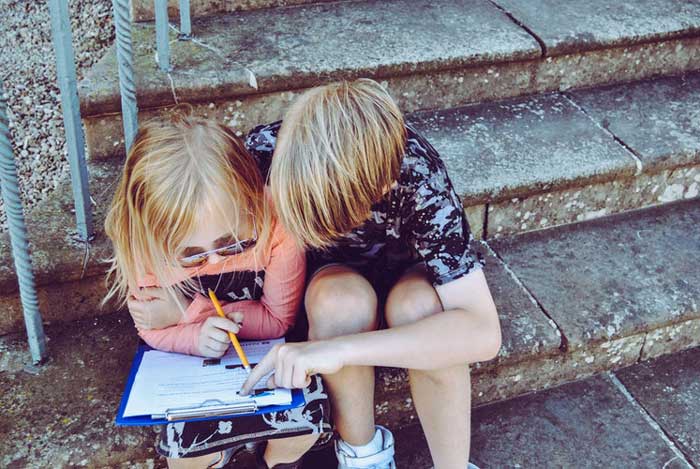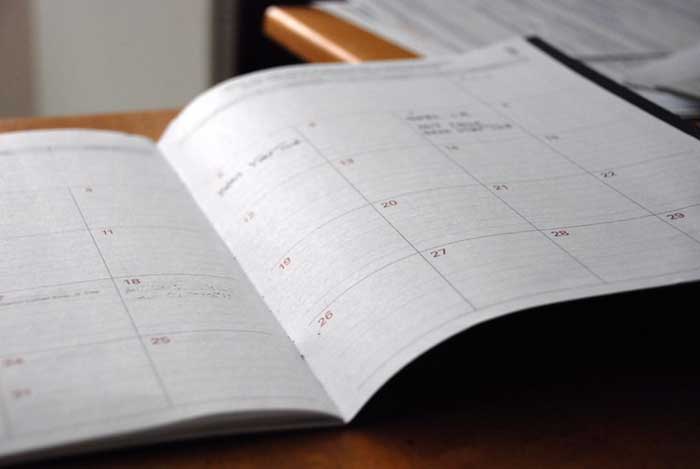How to Cultivate Independence in Your Kid?
The concept of growing up naturally includes the growing inclination and ability of a child to do things without their parents‘ aid. That spells independence – an important stage in the process. And it’s up to parents to see that their kids get encouragement and help along the way as they are working to build up self-confidence.
How necessary is it for kids to be independent?
You delight in your tiny tots and little kiddies, but they are supposed to grow up and gradually become more and more independent. It takes learning a handful of skills and the parents’ encouragement to build up independence.
How can independence be taught?
It can be taught in many different ways without pushing the kid into the state where they will be compelled to learn to do things themselves and forfeit their pure enjoyment of childhood days.
There are responsibilities within your child’s scope
While the little one remains outside the board of family directors and not called upon to take important decisions, there are still many things he could do. You should help the kid develop independence by picking tasks within their abilities. You can begin with simplest tasks like drawing up lists or packing bags for an outing (bringing things along if you can’t trust them with proper packing).
Question yourself whether you hamper the kid’s independence
You will want to be aware of it if you do, so look into yourself and answer candidly if you are really comfortable with your child doing tasks on their own? If they do their rooms, try to prepare food or wash their socks, do you think it’s really up to you to do it?
Holding the child’s hand is not a good idea
It’s very easy to assume that helping the child means holding his or her hand and guiding them in their actions to rectify their doing things wrong or hurry them along. It may be helpful when the child is very young and is unable to complete the task without your assistance. Later you may resort to vocal instructions and tips how to do it quicker. With even older kids you had better wait to be asked for help rather than impose yourself on their activities.
Suggest choices that are limited
If you hand over a restaurant menu to a kid, he or she will naturally get lost because there are too many items in it, and choosing becomes very complicated. Point out two or three items and offer a choice of these so that your kid won’t be stumped. Make sure initial choices are easy for kids and they get prepared for more difficult choices later on.
See to it that the child learns to make decisions
It seems only right to you that the schoolkid must complete his homework assignment and then play. Yet your child may want to enjoy playtime before getting down to work. Instead of pressing him to do as you demand, you might consider abiding by his or her decision. Also, on some occasions, children can be allowed to decide what clothes to put on or what to eat when there is a choice.
Display empathy
Learning to act independently can present quite a problem for the young one. So as not to make it more difficult, don’t upbraid the kid or scorn their efforts even if they are pitiable. Leave judgments out of the picture, but hold out help and encouragement.
Steer them towards success
Make sure the child understands what and how to do the task, then help them make it eaiser. Place things in spots where they are easier to reach, make other useful arrangements.
Here is what you can do:
- Child(ren)‘s snacks can be kept on the lowest shelf
- The cleaning supplies they can use are stored at hand
- Keep a basket for laundry in the children‘s room
- Where children will be reaching for things, put stools
Stuff for handicrafts and painting should be kept where the kid can get at it whenever he wants to use it independently
Play failure down
Kids are bound to make mistakes and finally fail. What’s more, they can go on repeating their mistakes over and over again even if you point them out. It invites you to zero in on their failures; but you should refuse to be overcome by temptation. Just tell the kid that the result is not perfect and could be better next time, so they won’t be thinking in terms of failure.
Don’t forget about schedules
Get a calendar especially for the child, sit down with him and mark it with special dates in his life. Mark nearest appointments. With time he will be able to do calendar work himself, checking in appointments at the doctor’s, sport events, pals‘ birthdays, and so on. That is a great step towards independence, and your child will soon know pretty well where and when he is to turn up.
Explain to the child(ren) that they must learn to settle their problems on their own
Every child has a number of problems at school, with peers or siblings, and when discussing these problems with them, point out that there are things they can do by themselves to settle the matter. Look at the situation from an independent perspective and give some advice how to rely on themselves.
Set a fixed routine
Sequential thinking is another skill children have to master, but before they do, they are bound to have problems with decision-making. It is resolved through setting up a routine, so that the child knows beforehand what he or she is going to do and when – it helps them do things on their own.
Set expectations for the future
When talking over responsibilities with them, mention that with the passing of time there will be more things they’ll have to do alone. This change mustn’t come over them unexpectedly.
Menus and grocery shopping can be shared with young ones
Kitchen and eating can be rightly regarded as the heart of family life, so children participating in cooking and buying food feel like they are doing an important job. Also, this is an excellent way to wean them to healthy diets, as well as a great opportunity to spend quality time all together knocking up a nice meal.
Then, while you are engaged in purchasing food and cooking a meal with kids helping, it is an ideal setting for discussing their day-to-day life, happenings and strife. You can learn more about your child than when just talking to him. With time he or she is apt to take a greater part in kitchen affairs and thereby get more independent in a healthy way.
Assuming responsibility for the youngest in the family
Looking after (or helping to) younger siblings is one of the best ways to grow up a responsible little man or girl. Those who are skilful at taking care of babies and often babysit cannot but gain such qualities as being caring, practical and dependable.
Learn them to think independently
Acting independently means thinking independently, forming personal opinions on everything under the sun – children’s books as well as adults‘ behaviors. When discussing current happenings or news at the dinner table or when going somewhere, draw them out about their honest opinions on the topic under discussion. Let them understand that people are interested in their views, listen them out and respect their attitudes.
It’s even more important when you fall out about something; you can get the child to argue in a civil way and voice her tangible opinions, matching them against those of other people.
When your child has learned that independence is a significant area in her life, and she gets support both when she is all for hugging and when she wants to be left alone, you have provided the guidance to make her build up independence and self-confidence on a stable basis as she gets along with her life.







